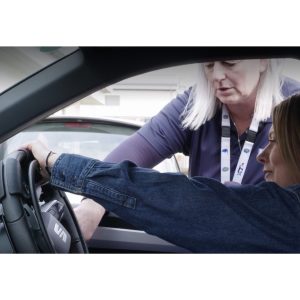Dietetics Service – Patient Information Leaflet
Information about the Trust's Dietetics Services. Dietitians are qualified health professionals who work alongside nurses, psychiatrists, speech and language therapists, occupational therapists, physiotherapists and psychologists to support your recovery.

